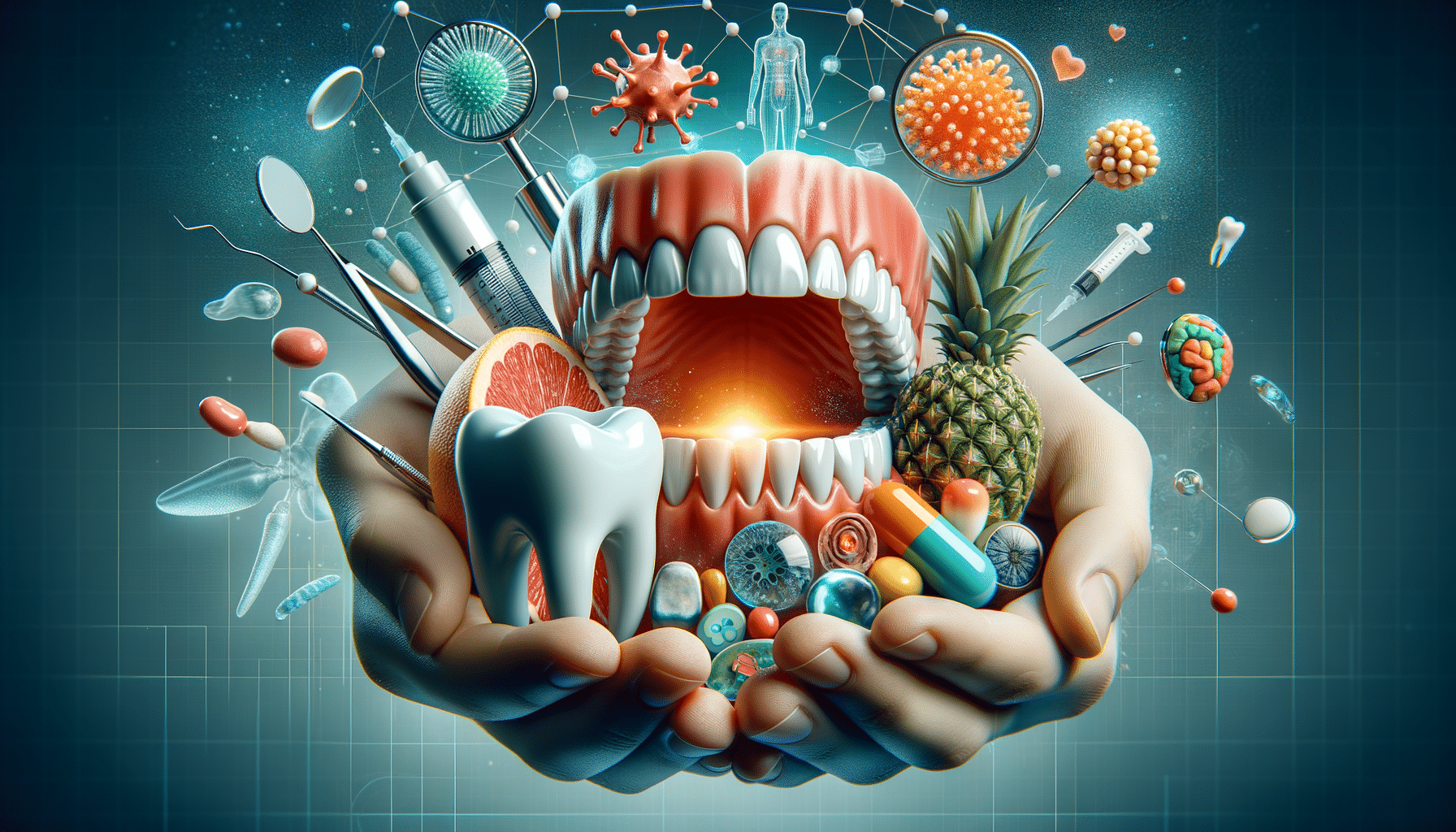
The Role of AI in Modern Healthcare: Transformations and Challenges
Artificial Intelligence (AI) is reshaping many fields, but its impact on healthcare is particularly transformative. From diagnostics to patient care, AI technologies are offering new possibilities and raising critical challenges.
The integration of AI in healthcare is not just a technological advancement; it’s a cultural shift in how medical professionals approach patient care. According to a report by the World Health Organization, AI technologies have the potential to improve global health outcomes significantly. By analyzing vast datasets, AI can assist in early diagnosis and personalized treatment plans, leading to more effective healthcare solutions.
Transformations in Healthcare
AI is enhancing healthcare in several groundbreaking ways. For instance, machine learning algorithms can analyze medical images with remarkable accuracy. A study published in ‘The Lancet Digital Health’ found that AI systems can match or exceed human experts in diagnosing certain conditions.
| AI Application | Impact |
|---|---|
| Medical Imaging | Improved diagnostic accuracy |
| Predictive Analytics | Early disease detection |
| Personalized Medicine | Tailored treatment plans |
| Robotic Surgery | Enhanced precision |
| Virtual Health Assistants | 24/7 patient support |
| Drug Discovery | Faster development process |
| Administrative Automation | Reduced paperwork |
| Remote Monitoring | Continuous health tracking |
Challenges to Overcome
Despite these advances, the integration of AI in healthcare is not without its challenges. Concerns about data privacy and the ethical implications of AI decision-making are significant. Dr. Eric Topol, a renowned cardiologist and digital health expert, emphasizes the need for transparency and accountability in AI applications to ensure patient trust.
“AI must be implemented thoughtfully, with a focus on enhancing human capabilities, not replacing them,” Dr. Topol advises.
Actionable Tips for Healthcare Professionals
- Stay informed about the latest AI developments in healthcare.
- Engage in continuous learning to understand AI tools and their applications.
- Collaborate with tech experts to integrate AI solutions effectively.
Pro Tip: Encourage interdisciplinary teams in your healthcare institution to foster innovation and ensure diverse perspectives in AI implementation.
Conclusion
AI is undeniably a powerful tool in modern healthcare, offering numerous benefits while also presenting challenges that must be addressed. By embracing these technologies responsibly, healthcare professionals can enhance patient care and lead the way in this digital transformation.
FAQs
What are some examples of AI in healthcare?
AI is used in medical imaging, predictive analytics, personalized medicine, and more.
How does AI improve patient care?
AI can provide early diagnosis, tailor treatment plans, and offer continuous monitoring.
What are the ethical concerns with AI in healthcare?
Data privacy and AI decision-making transparency are major concerns.


